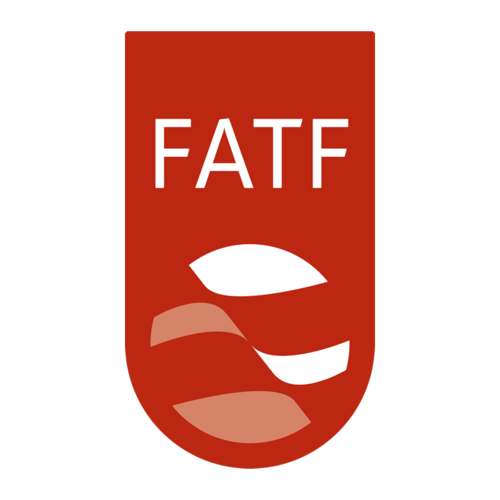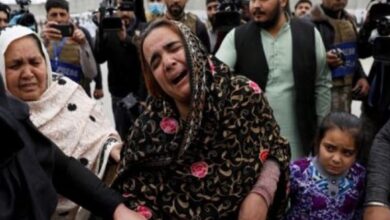Financial Action Task Force Revamps Listing Criteria to Focus on High-Risk Countries

The Financial Action Task Force (FATF) has introduced significant changes to its listing criteria, aiming to alleviate pressure on underdeveloped countries and focus on nations posing higher risks to global finance. The FATF identifies countries with strategic weaknesses in combating money laundering, terrorist financing, and proliferation financing.
These illicit financial flows severely impact underdeveloped countries, hindering sustainable development and diverting billions from essential public services like education and healthcare. By addressing these weaknesses, the FATF seeks to empower underdeveloped countries to build robust economies and societies.
The revised criteria prioritize countries with significant financial sectors, FATF membership, or high-income status. Least developed countries will not be prioritized unless deemed high-risk by the FATF and may receive extended observation periods to address deficiencies.
The FATF’s “grey list” identifies countries with strategic deficiencies in their Anti-Money Laundering/Combating the Financing of Terrorism (AML/CFT) systems. Countries on this list work with experts to address gaps and strengthen their financial systems.
These changes will apply to the next assessment cycle, potentially reducing low-capacity countries’ listings by half. By refining its listing criteria, the FATF aims to better target high-risk countries and provide more effective support to underdeveloped nations, ultimately safeguarding the global financial system.
The FATF’s move is expected to enhance its effectiveness in combating illicit financial flows and promoting global financial stability.







